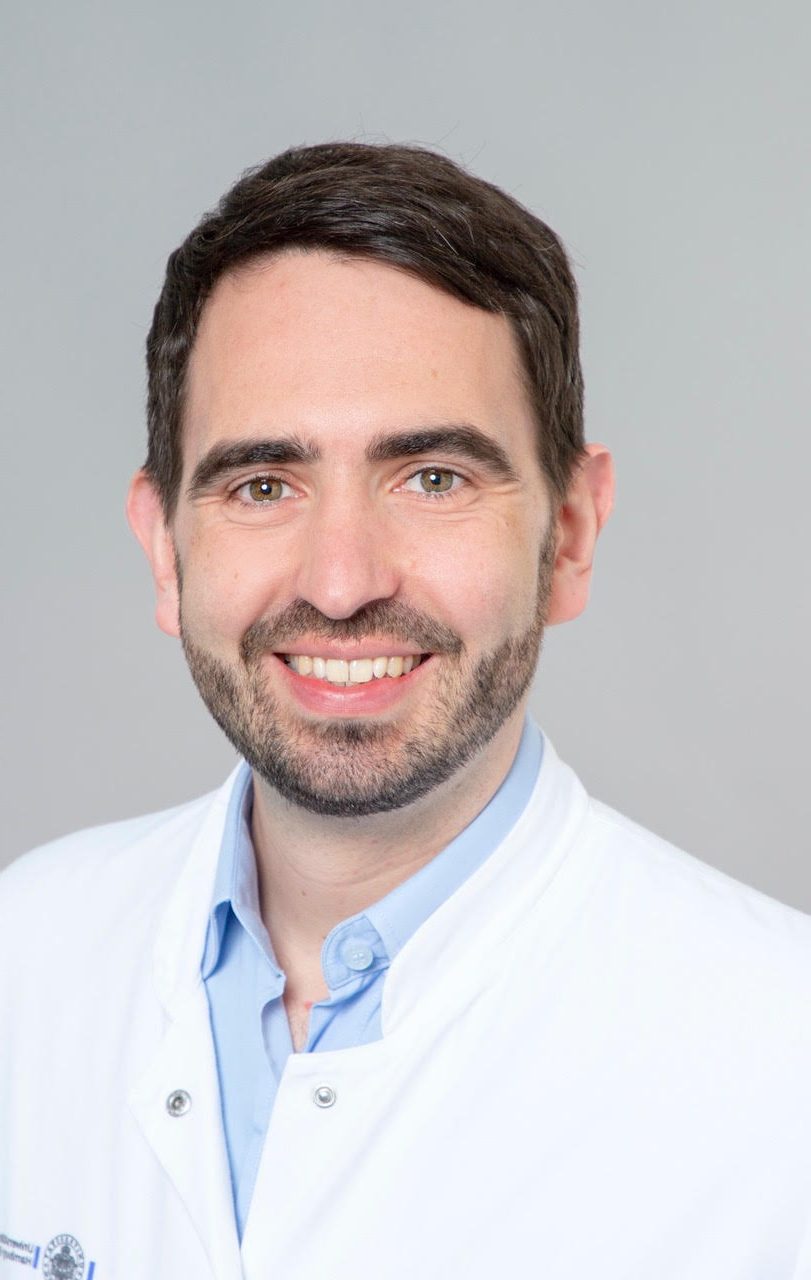Analysis of ASPREE data reveals predictors of disability-free life in healthy older adults
Investigators of the landmark ASPREE study involving more than 19,000 Australian and U.S. healthy adults over 65 years, have come up with a way to predict those of us most likely to be healthy and free of disability in later years. The study, the first of its kind to use a machine learning approach, has implications for a world with an ageing population which needs direction on how to keep older adults well. It is also relevant to those individuals wanting to improve their health as they age.
The research team was led by Dr Johannes Neumann, Prof Anne Murray, Principal Investigator to ASPREE in the U.S., and Dr Le Thao, with significant input from ASPREE investigators, including prominent U.S.-based geriatrician, Prof Anne Newman. Their results, published in the journal GeroScience, focussed on the development of a prediction model of disability-free survival in older adults.
Disability-free survival serves as a measure of prolonged life, free of persistent physical disability or dementia.
There are an estimated 900 million people globally over the age of 60 and this is expected to double by 2050. As we age, many of us will experience physical disability and cognitive impairment, with a resulting loss of independence and greater demands for health care. This new model allows us to identify those people at greatest risk, and to instigate specific interventions like improving diet and exercise, to stave off declining health.
The researchers looked at 25 biomedical, psychosocial and lifestyle variables which potentially impact the ability to live independently as we age.
Researchers found that scores from a cognitive exercise, gait (walking) speed, hand grip strength and weight are strong predictors of whether someone will live to a disability-free older age, regardless of gender.
“In particular we were looking for risk factors that could identify people at risk of developing persistent disability, either physical or cognitive, as they age – and for whom preventive programs should be started as soon as possible,” said to Dr Neumann. “This is the first study to use machine learning with such a large data set of initially healthy older adults”, he added.
Researchers analysed 25 variables from 1,594 participants who developed a disability or died during the trial. Over this time, the average age increased from 74 years to 78.8 years.
Out of 25 predictors, older age was the strongest risk factor for reducing disability-free life. A further six predictors for substantially reduced disability-free survival in older men and women were:
- Lower scores on a short cognitive exercise called the 3MS – Modified Mini-Mental State Examination (with a 5 unit increase in scores on the 3MS equating to a 30% reduced risk of having a disability or death in later years)
- A slower gait speed (decreasing walking speed from one metre per second to half a metre per second, corresponds to a 64% increased risk in men and a 271% increased risk in women to reduce disability free survival)
- Lower grip strength
- Either low or elevated body mass index (the risk of adverse health outcomes was minimal with a BMI of around 27kg/m2)
For men, additional predictors include:
- Current smoking – associated with a 195% increased risk of reduced disability free survival
- Abnormal measures of kidney function
For women, additional predictors include:
- Diabetes – reflecting a 30% increased risk of reduced disability free survival
- Depression – reflecting a 47% increased risk of reduced disability free survival
According to Dr Neumann, “Interventions designed to improve cognitive or physical function might alter the trajectory of decline in otherwise healthy older adults, and now we have a clearer idea of what these interventions need to address. However, further study needs to be done,” he said.
This post expands on a Monash University media release about the research.





